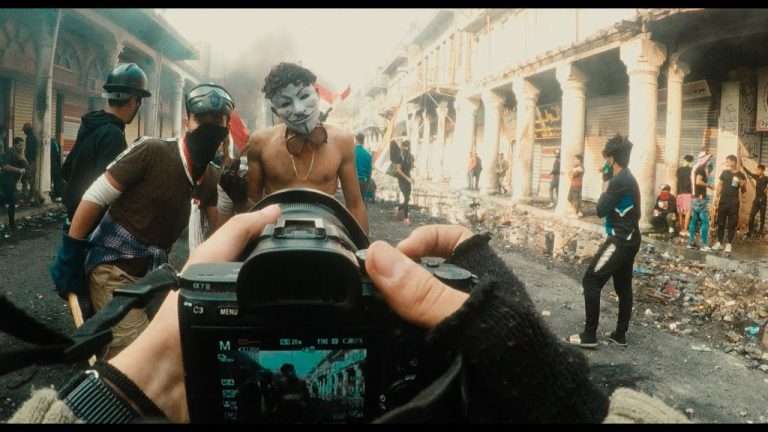Much before Black Mirror took the world by storm, it was show creator and writer Charlie Brooker’s way of paying homage to The Twilight Zone. The show’s anthology format, which aired its first two seasons on the British Network Channel 4 in 2011 and 2013, allowed Brooker to play with the idea of advanced technology – a dystopian world and the possibilities and the extent it will lead humanity towards.
By commenting on contemporary social issues through these futuristic stories, which later blew up on being picked by Netflix, the creator wished to create a consciousness of the impending doom.
Now in its 6th season, which takes a later shift from its central idea of setting the stories in the future, Black Mirror has done another twisted cross-connection. If you, like me, were quick to consume the latest set of episodes in Season 6, namely “Joan Is Awful.” “Loch Henry,” “Beyond the Sea,” “Mazey Day,” & “Demon 79” and need more similar things to be injected into your veins; here are some TV shows that you would like if you dig Black Mirror.
6. Altered Carbon
Combining elements of cyberpunk, noir, and dystopian sci-fi, Altered Carbon delved into complex and morally astounding questions about the nature of humanity. Much like Black Mirror, it is one of those shows that has realized that we are driving towards the commodification of consciousness, and the elite will try to attain everything.
Based on the 2022 novel by Richar K. Morgan, the show follows a former solider and rebel, Takeshi Kovacs, who is awoken from a 250-year imprisonment in a new sleeve before being hired by a wealthy man named Laurens Bancroft to solve his own murder. Set in a world filled with intricate conspiracies and class divides, Altered Carbon imagines the perils of contemporary issues in a futuristic setting, much like Black Mirror does.
5. Maniac
Set in a retro-futuristic world, Manic follows two strangers, Owen Milgrim (Jonah Hill) and Annie Landsberg (Emma Stone), who participate in a pharmaceutical trial for a new experimental drug called ‘AdBuddy,’ designed to cure mental and emotional pain by recontextualizing memories. Owen who is socially awkward, and Annie, who is cynical and deeply troubled, are drawn to the drug. However, the drug instead immerses them into hallucinating scenarios where the two have to reflect on their inner struggles and desires.
Much like Black Mirror, the futuristic setting of Maniac is used to delve into themes of trauma, identity, mental illness, and the search for meaning and connection in an often confusing and fragmented world. The show’s unique visual style and smart blend of sci-fi elements with psychological pathos make the dark comedy and philosophical musings pop out. For a Netflix show, it’s surprisingly on-the-nose and wishes its viewers to participate and not just sit back.
4. Made for Love
It’s sad the fate that Made for Love had to face upon the WarnerMedia and Discovery, Inc merger. Not only was the show canceled for a much-needed third season, but it was also thrown out of the HBO Max catalog. I say sad fate because this dark comedy based on the novel of the same name by Alissa Nutting featured the severally underrated Christian Milioti as Hazel – a woman who navigates life after leaving her husband.
The show’s core concept revolves around a technological invention created by Byron (Hazel’s husband) called “Made for Love.” It is a highly advanced microchip that is implanted in Hazel’s brain without her consent. This chip allows Byron to monitor her thoughts, emotions, and physical experiences, making her his surveillance device. Much like, Black Mirror, the twisted nature of the show comes from a very real threat that we often have for someone in power trying to control those under them.
3. Love, Death & Robots
Don’t be alarmed by the fact that this animated anthology series is put under the same bracket as Black Mirror. The show’s mature and often graphic content, including violence and nudity, align right with the edgy and unconventional storytelling that Black Mirror is known for. Love, Death & Robot’s main focus is on the intersection of technology, humanity, and the fantastical, which makes it a perfect counterpart to Black Mirror.
Created by Tim Miller and David Fincher, the show features a collection of standalone episodes, each ranging from a few minutes to around 20 minutes in length, with each of them spanning through various genres, including science fiction, fantasy, horror, and comedy. The central theme, of course, revolves around exploring the human condition through the lens of technology, futurism, and the surreal.
Read More: Love, Death & Robots (Season 3) Episodic Review: A Return To Form With Stories About Lust, Greed, And Power
2. Weird City
Remember the brief stint where YouTube thought that offering people content based on a subscription instead of their free model was a good idea? Weird City is a by-product of that time. The anthology series created by Jordan Peele and Charlie Sanders was set in a fictional city called Weird which was divided into two distinct sections: Above and Below.
While each episode tells a standalone story, they share the same setting, i.e., Weird City. Mostly, the series explores the quirky and satirical aspects of a futuristic society where social classes are rigidly defined.
The reason why this show finds a place in a list of series like Black Mirror is its clear influence from the Netflix original. In spite of none of the creators accepting it, Weird City has more influence directly from Black Mirror than it has from Twilight Zone. Exaggerating and parodying various aspects of modern society, the satirical take of Weird City is almost too similar to Black Mirror to not recommend.
1. Dead Set
The world knows Charlie Brooker as the creator of Black Mirror, but not many people know of this Zombie show that he created back in 2008.
The story of Dead Set unfolds during the filming of a fictional reality TV show called “Big Brother” as the cast and crew remain oblivious to the outside world, and a zombie outbreak occurs, plunging the nation into chaos. The housemates and the show’s production team find themselves trapped inside the Big Brother house, unaware of the unfolding apocalypse beyond its walls.
While it can be termed as a horror thriller, Charlie Brooker uses his satirical edges to turn Deafd Set into a dynamic dark comedy. He offers a critique of reality television culture and explores the dynamic between the contestants and the production team, all while showcasing the gruesome and terrifying consequences of a zombie outbreak. The social commentary here is not just on point; it will often remind you of the glory days of Black Mirror – a time when Brooker used the futuristic setting to evoke thought-provoking reactions.

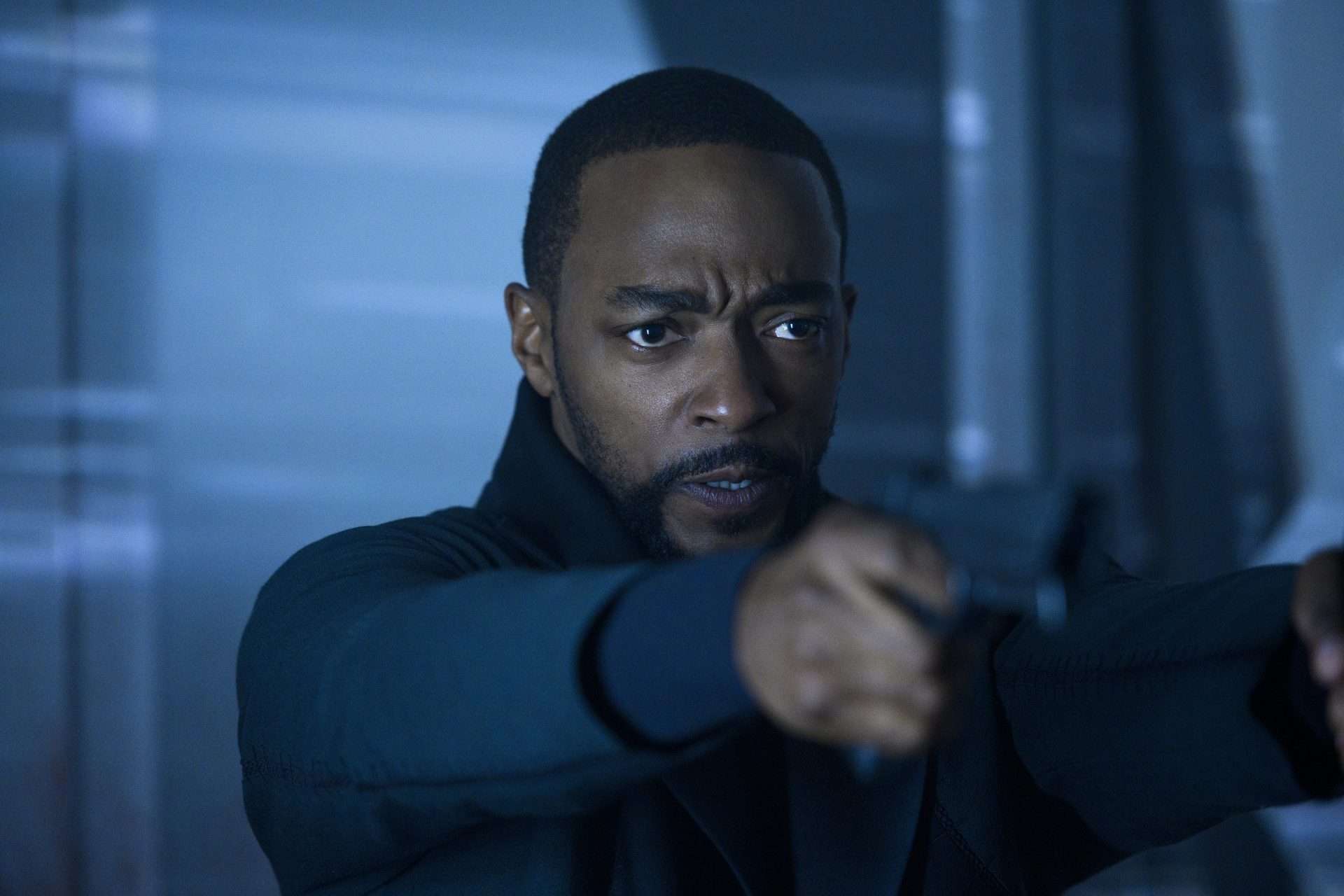
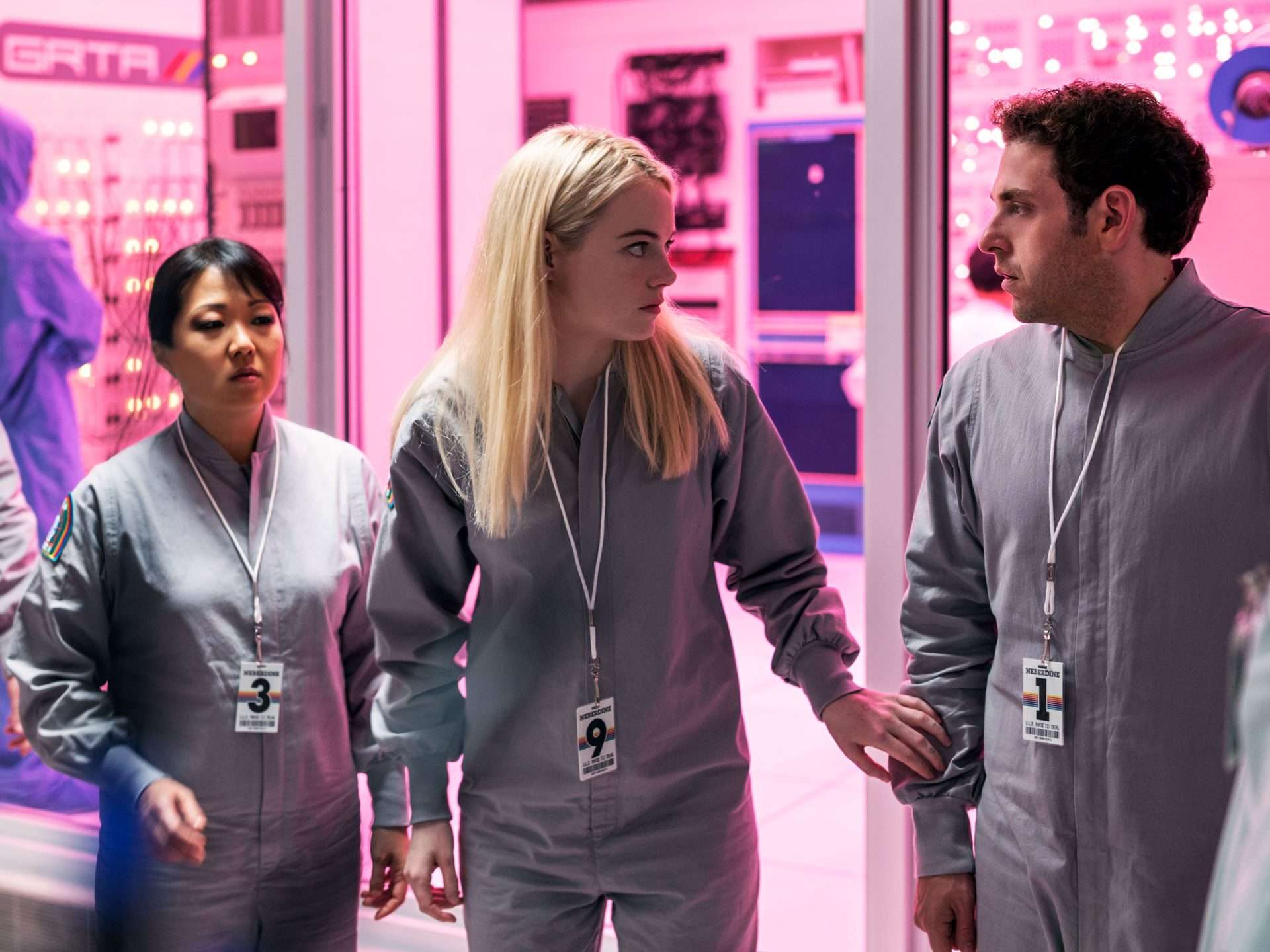
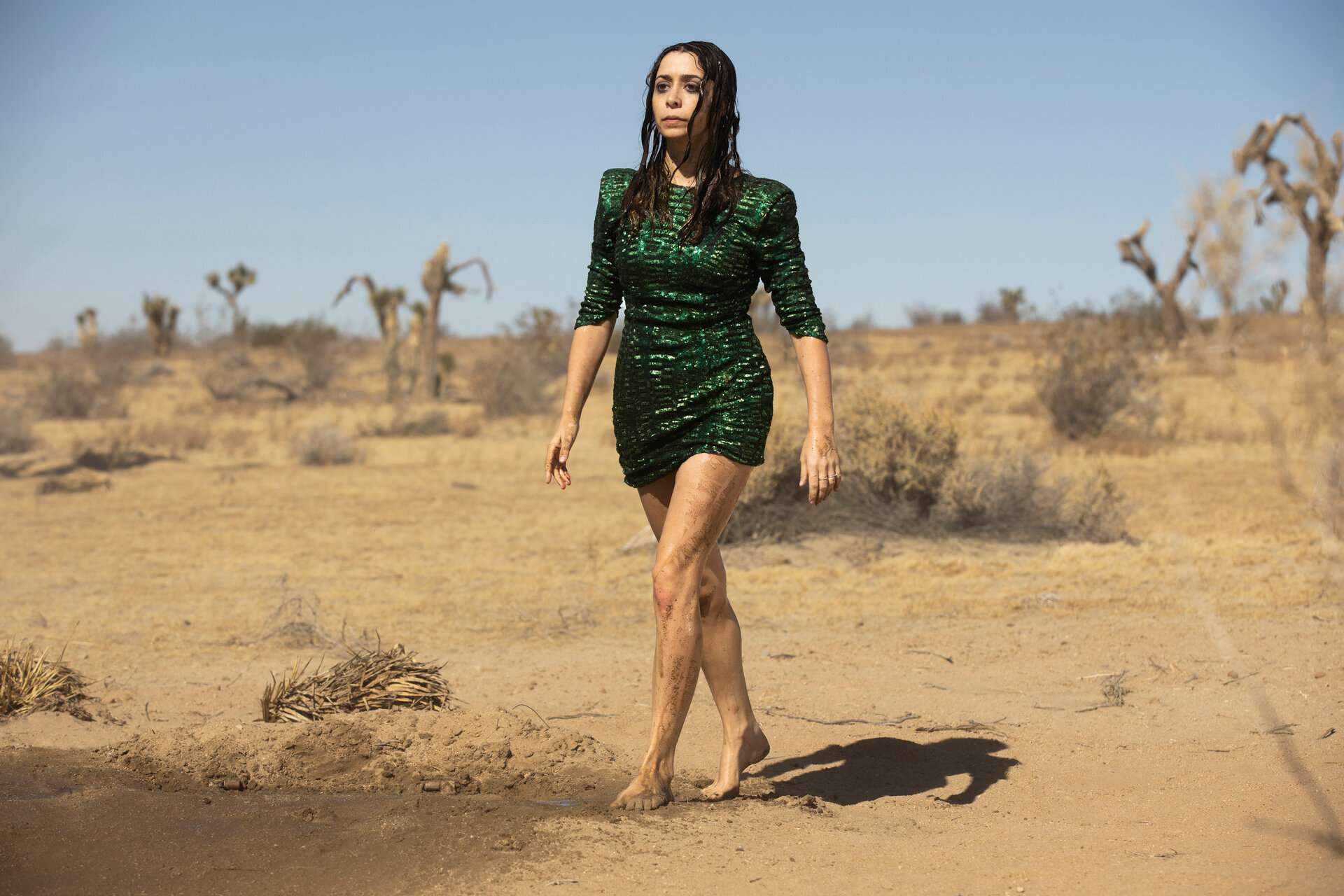
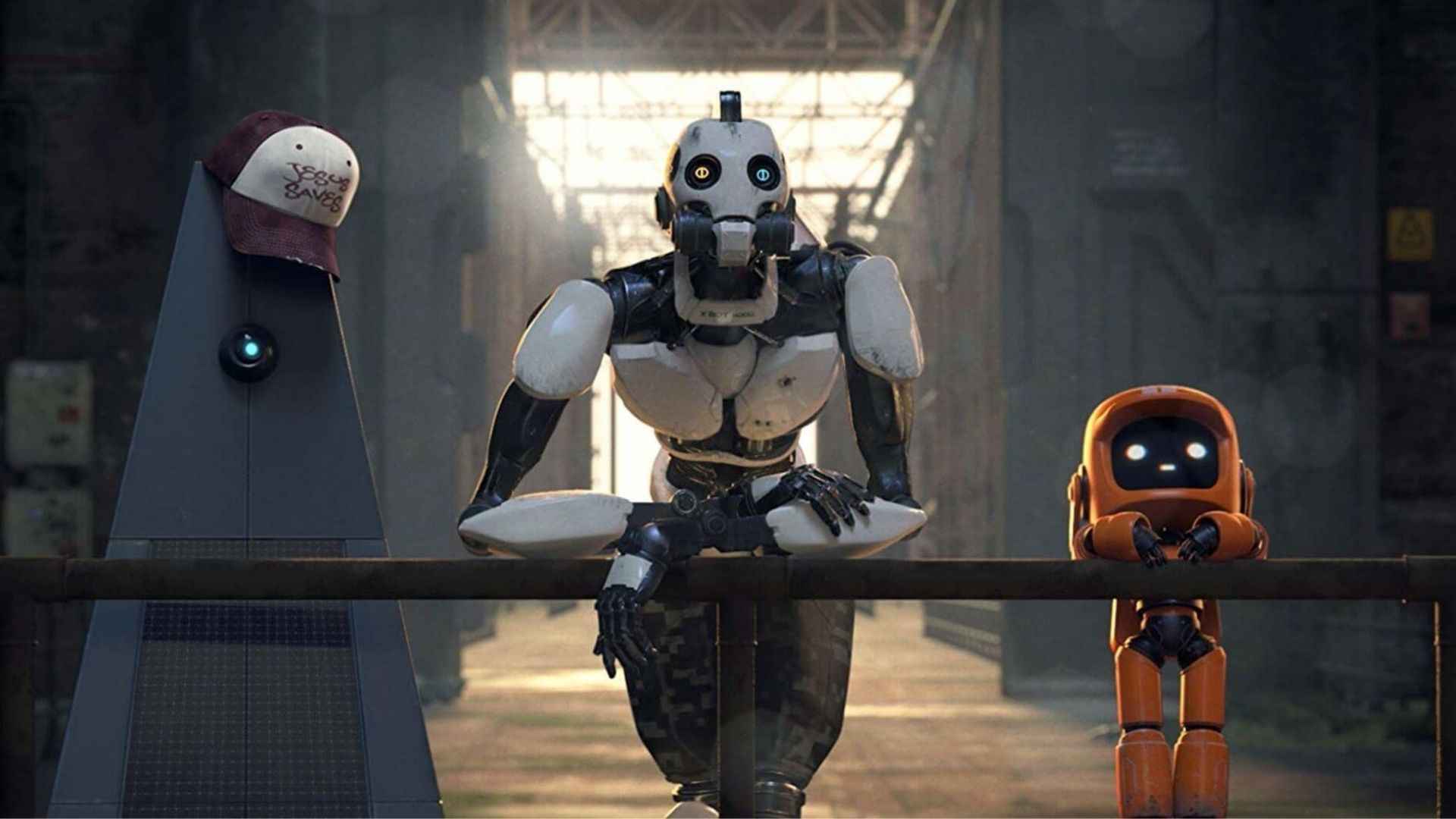

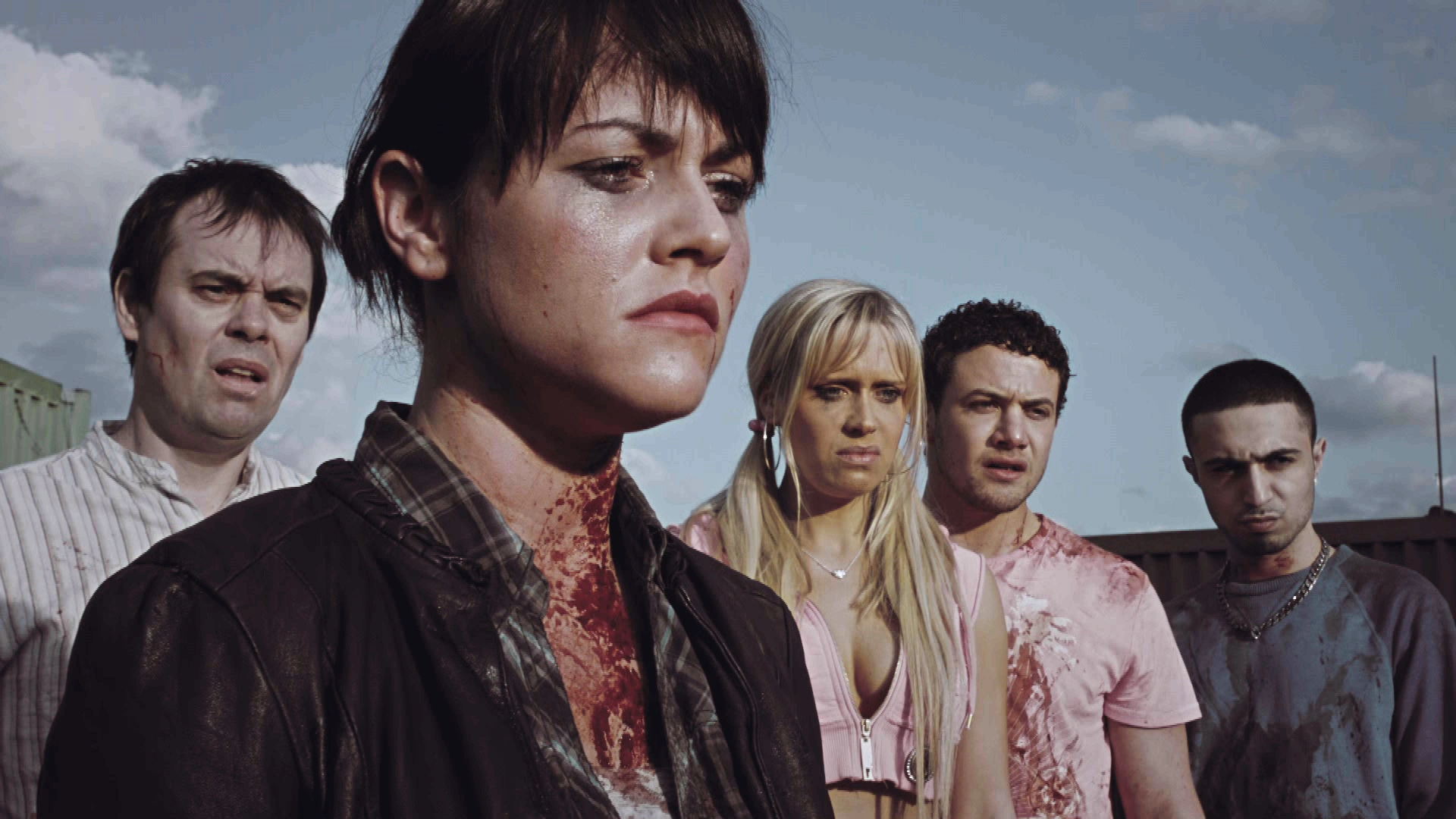


![Sirens [2021]: ‘Sundance’ Review- A necessary but thinly developed anthem of resistance](https://79468c92.delivery.rocketcdn.me/wp-content/uploads/2022/01/Sirens-Sundance-Review-1-768x432.jpg)
![Our Hospitality [1923] Review – Evoking Poetic Rhythm & Artistry within Slap-Stick Tradition](https://79468c92.delivery.rocketcdn.me/wp-content/uploads/2020/03/Our-Hospitality-1923-768x432.jpeg)
![A Ghost Story [2017]: An Existential Poetry on Featherbed of Grief](https://79468c92.delivery.rocketcdn.me/wp-content/uploads/2017/09/hero_Ghost-Story-2017-768x320.jpg)
![Still Human [2019]: ‘NYAFF’ Review: What it takes to be human?](https://79468c92.delivery.rocketcdn.me/wp-content/uploads/2019/07/Still-Human-highonfilms-768x512.jpg)
![Last of the Wolves [2021] ‘NYAFF’ Review: Peace Comes At A Price In This Violent, Compelling Yakuza Sequel](https://79468c92.delivery.rocketcdn.me/wp-content/uploads/2021/08/Last-of-the-Wolves-3-768x429.jpg)
